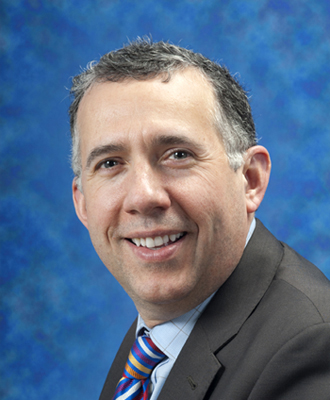The Wayne State University Department of Psychiatry and Behavioral Neurosciences has expanded its free mental health intervention program to include all of Michigan’s first responders and their families.
Warriors Strong Together provides free mental health intervention. Launched in March for faculty, staff and students of Wayne State University, and physicians and staff of the Wayne State University

Physician Group, the service is now available to police officers, firefighters emergency medical services personnel and their spouses and immediate family members during the COVID-19 pandemic.
There are three ways to connect to Warriors Strong Together Support Services: direct line 313-577-1596, email WarriorSupport@med.wayne.edu or by visiting https://www.warriorstogether.com/. The service is available seven days a week from 7 a.m. to 7 p.m. All calls are confidential and free of charge.
“We have been deeply humbled and inspired by the heroic efforts of our first responders on the front lines fighting the Covid-19 pandemic and all they have done to keep our community and neighborhoods safe,” said David Rosenberg, M.D., professor and chair of Psychiatry and Behavioral Neurosciences. “It is an honor and privilege for our department to do whatever we can to help and offer the Wayne State Warriors Strong Together program.”
If a caller chooses to enter into further treatment, Dr. Rosenberg said, insurance would be accepted and all co-pays waived. If a caller’s insurance does not cover further service, he or she will not be billed.
“During the period of the pandemic, our goal is not to generate revenue. We have been humbled and inspired by our colleagues on the front lines, and the way the whole Wayne State University community has pulled together underscores the Warrior spirit and resolve,” Dr. Rosenberg said. “We have considerable experience with telepsychiatry, videoconferencing and mobile crisis programs, and this program is modeled on our experience and expertise in ongoing programs in the state of Michigan for other health care systems and first responders that has received national attention.”
The length of the teleconference sessions and assistances provided during calls and teleconferences will vary based on the need of the caller, from supportive to crisis intervention.